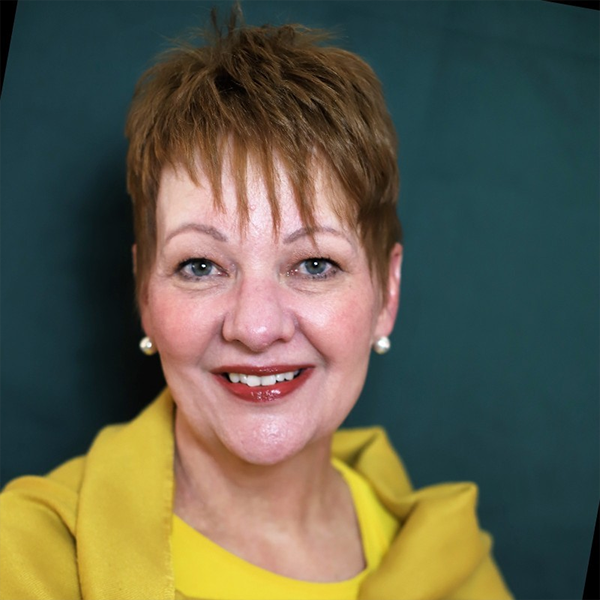Imagine for a moment that you are standing in a long hallway. On either side of you there are numerous open doors. As you make your way to the exit, each one of these doors close once you walk past them. These doors signify development opportunities, and the hallway represents your journey from early childhood through the various stages of adolescence. Wouldn’t it be wonderful to look back and know that you stepped through each of those doors?
Unfortunately, this is not the case for too many South African children as their hallway became increasingly steeper and littered with obstacles. The North-West University (NWU) is committed to keeping those doors open and ensuring every step is level and unobstructed.
One way the NWU is accomplishing this is through Care2Kids, a division of the university’s Centre for Health & Human Performance (CHHP). “We are a vibrant team that delivers specialised, multi-disciplinary services to children 0 to 19-years-old and their families,” says Hanlie Degenaar, manager of Care2Kids. “It is our task to partner with parents and caregivers by taking the best neuroscientific and evidence-based intervention knowledge and translating it into simple intervention activities and programs suited to each family and setting.”
In addition to the clinical and counselling psychologists, speech-language therapists, audiologists, a specialist child psychiatrist and paediatric neurologist, the division also utilises the assistance of social workers and clinicians from various other disciplines to ensure the highest quality of service.
In a South African context, this is especially important as the country’s youth face a multitude of unique challenges they must navigate. As Hanlie explains: “Mental ill-health is considered a spiking but silent emergency requiring urgent attention and affecting adolescents from all walks of life.
“Revolutionary changes in job markets and the mental health burdens described worldwide in the aftermath of Covid-19 also have severe implications for teenagers as future employment seekers. South African youth face the extra burden of the lack of access to basic needs and services, limited access to quality education and training, and a lack of access to healthcare services such as psychological and psychiatric help,” she says.
“The high rate of drug abuse, HIV/Aids and mental health issues in the country are also not helping. Our youth from all walks of life experience different forms of discrimination, prejudice as well as inequality. This is not to mention the insecurity about their future that is caused by political instability and corruption portrayed in the media they access.”
It is daunting to say the least, but through personal development programmes like Me! My brain, my choices and my future, despite my challenges, Care2Kids are breaking down some of these barriers and helping to abridge others.
“The programme aims to provide teenagers with a functional insight into their brain processes and strategies to help them make good choices. Adolescents do not experience well-intended advice and life lessons from adults positively. They seek independence, they want to do their own thing. Because they are taking the first steps into the realm of hypothetical-deductive and moral reasoning, they rely primarily on their limited insight, making them vulnerable to health and mental health risks. A series of information sessions for teenage learners, adults and educators provides science-based strategies for better thinking and healthier choices despite personal challenges. They are also encouraged to make tiny, incremental changes to their lives to optimise opportunities that present themselves.”
The programme’s effectiveness is built on the attributes of humour, playfulness and fun as they are essential to foster youth engagement.
The NWU is committed to helping reach the United Nations’ Sustainable Development Goals (SDGs), and through initiatives such as Care2Kids – to name one of many – the university is paving the way to society where the SDGs of Good Health and Well-Being, Quality Education, Decent Work and Economic Growth as well as Reduced Inequalities are not just objectives, they are doors that were kept open for a generation to walk through.

Hanlie Degenaar
